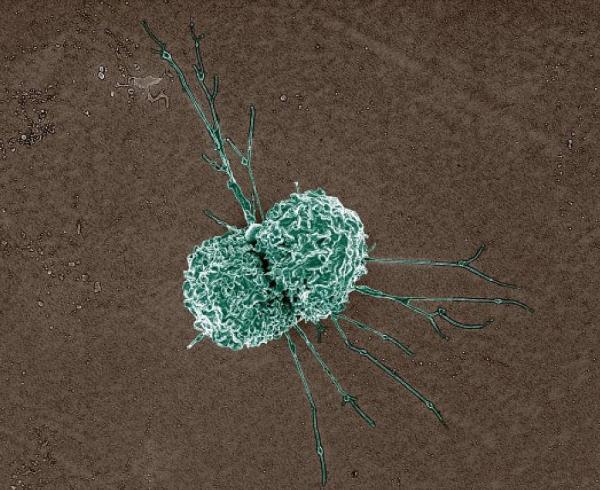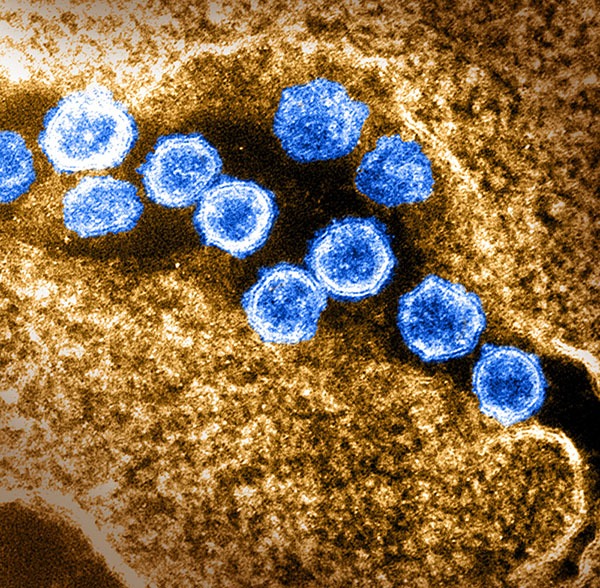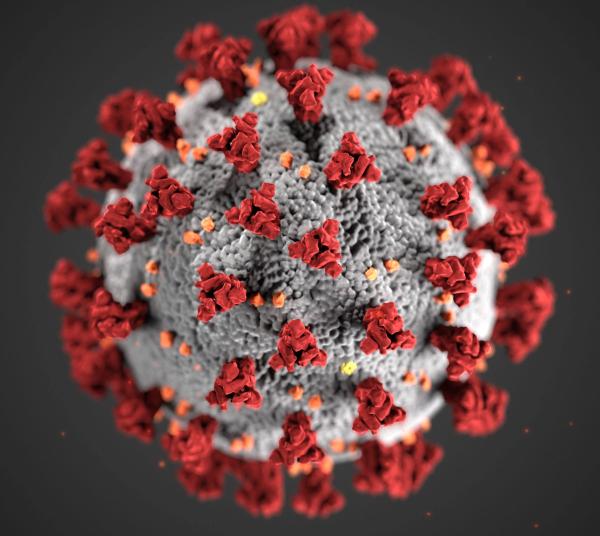African Ancestry May Influence Immune Response to Prostate Cancer
IRP Study Could Help Explain Racial Disparities in Disease Outcomes
Even as advances in therapy are extending the lives of many cancer patients, there are still stark differences in how likely patients of different races and ethnicities are to die from the disease. A recent IRP study suggests that a weaker immune response against cancer could explain the worse clinical outcomes for Black men with prostate cancer, pointing to potential strategies that could help close this gap.










